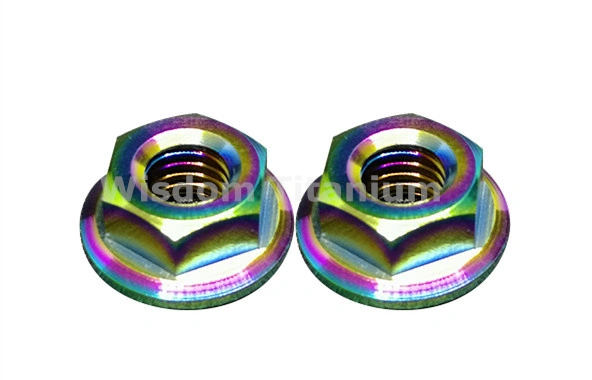Titanium Fasteners

In recent years, titanium fasteners have seen widespread adoption across various industries. This material boasts exceptional activity, flexibility, and high plasticity, offering a remarkable blend of strength and resistance to corrosion, oxidation, heat, and cold. Additionally, it's non-magnetic, non-toxic, and lightweight, with a low coefficient of thermal expansion and resilience against embrittlement at extremely low temperatures. These qualities have made it a favored option for numerous applications.
Application of Titanium Fasteners
Thanks to its high strength-to-weight ratio, robustness, ductility, and elevated melting point, titanium finds utility in environments subjected to elevated temperatures. Its combination of strength and lightness sets it apart, with certain titanium grades exhibiting strengths two to four times that of stainless steel. These attributes render titanium particularly well-suited for aerospace, medical, and military applications.
Furthermore, titanium fasteners demonstrate resistance to saltwater, rendering them suitable for maritime use. They also withstand various chlorine or chloride solutions, including chlorite, hypochlorite, chlorate, perchlorate, and chlorine dioxide. However, exposure to chlorine without water or in gaseous form can lead to rapid corrosion.
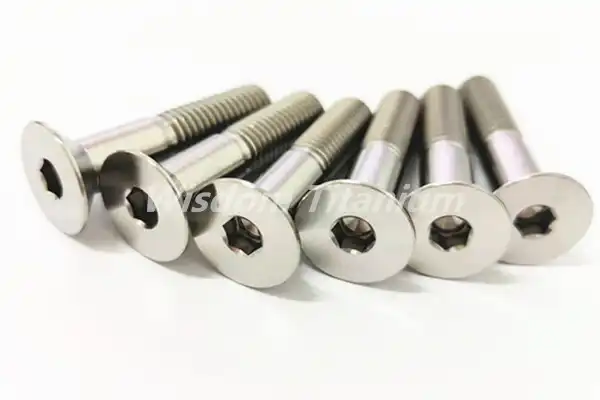
DIN 7991 titanium bolts
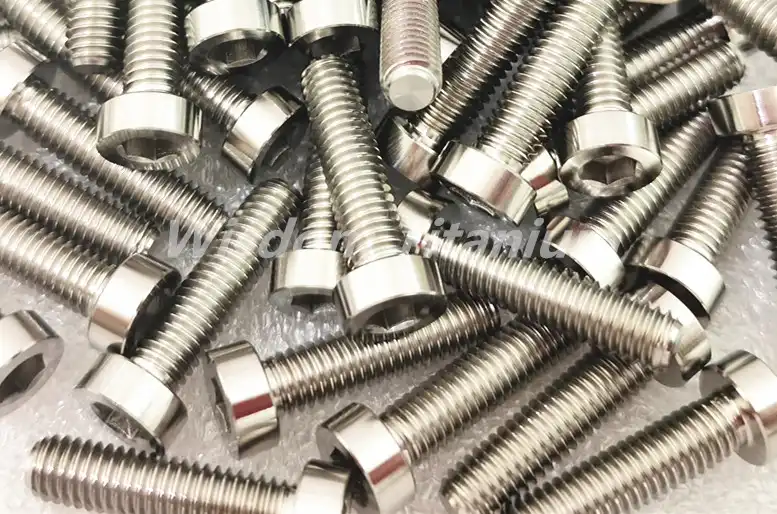
Titanium Low-Profile Head Bolt
_1730340050249.webp)
Titanium Dual Drive Hex Flange Bolt
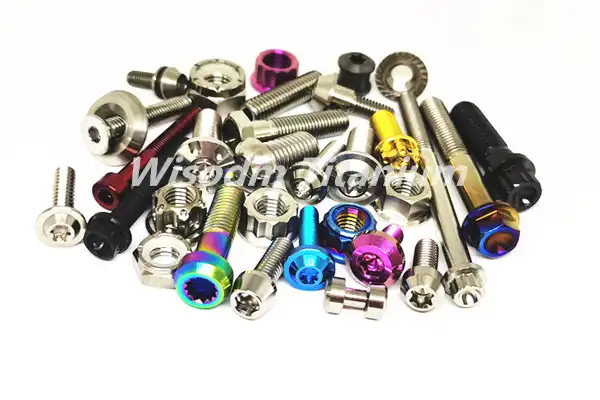
Titanium hardware supplier
_1761704837366.jpg)
Titanium countersunk washer
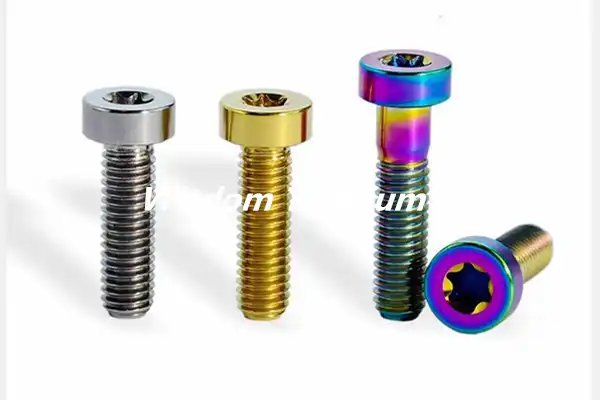
Titanium Slimflat Head Screw
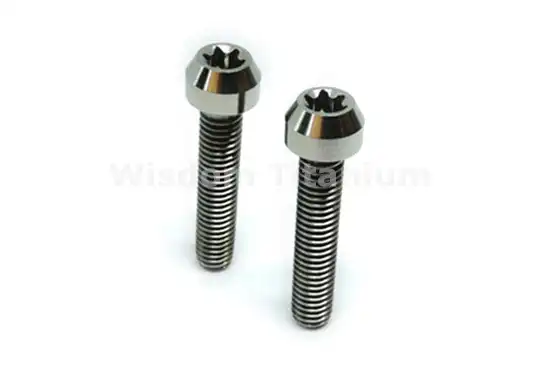
titanium torx bolts
_副本_1730343705263.webp)
titanium socket cap screws
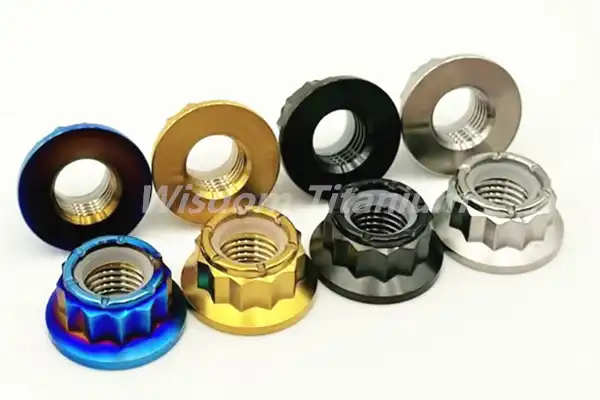
titanium nylock nuts
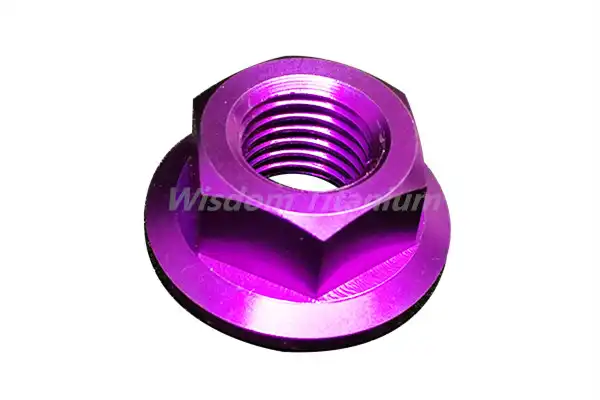
DIN 6923 titanium hex flange nuts
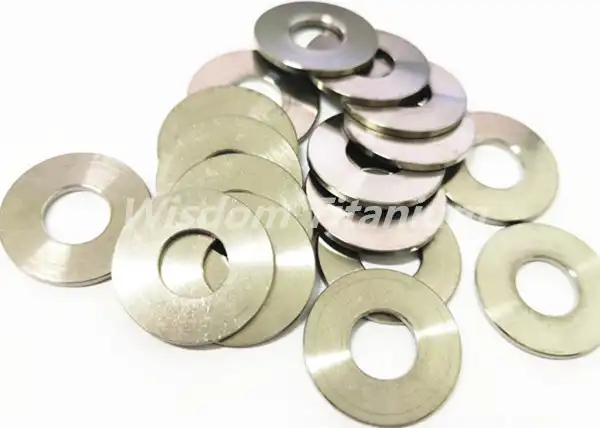
titanium flat washer
